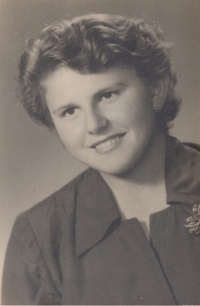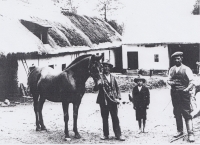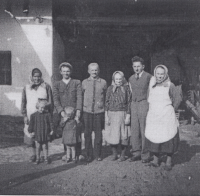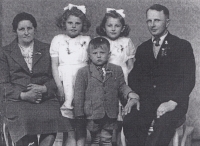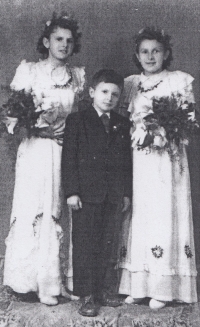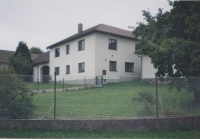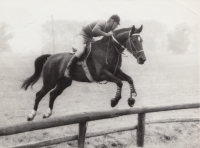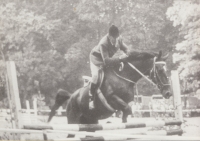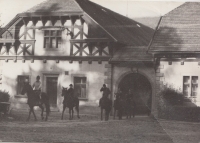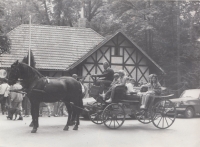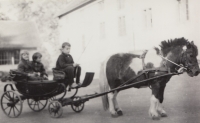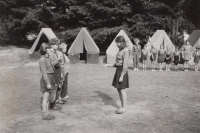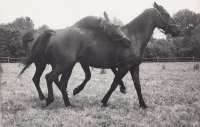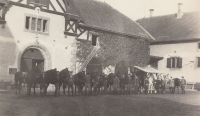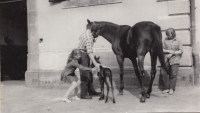Every sort of class struggle had its way how to destroy you. Nobody helped you, it was rather the other way round
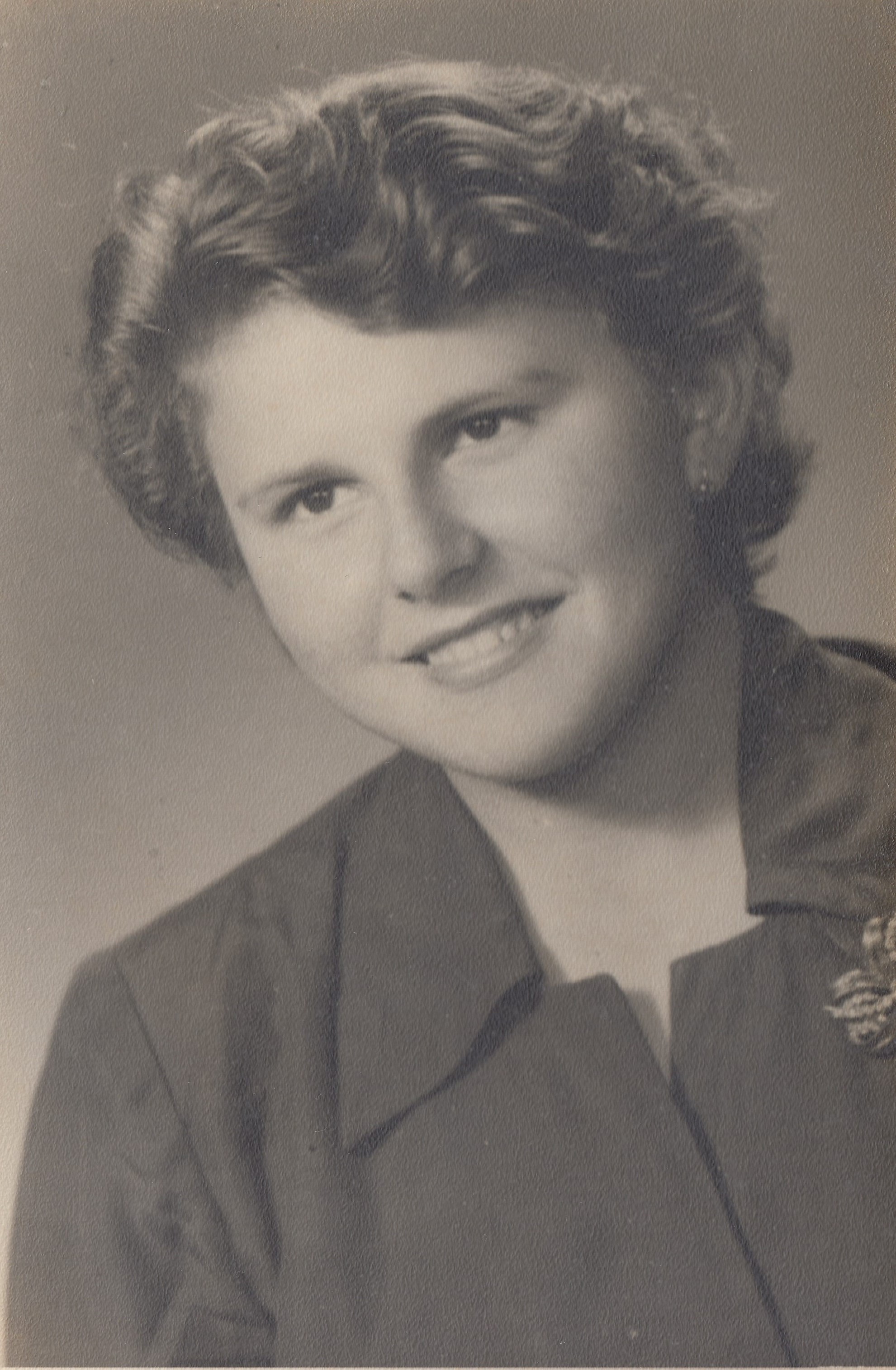
Stáhnout obrázek
Anna Sedláková, née Tourková, was born on the 19th of April in 1941 in the Tis community near Havlíčkův Brod (then Německý Brod). She spent her childhood with her two siblings at the family farm where their ancestors had tended to the land for two centuries. As a child, she had to work there with her parents, as did her siblings. She talks about the production quota and endless inspections by theGerman officials during the war years. She went to school in Tis for the first five years and then to Habry. When she was 14, she started to work in the Unified Agricultural Cooperative there. At the same time, she went to two-year secondary school course in Hlinsko and in winter, she got a temporary job in Ústí nad Labem. When she gave her notice, the coop refused to accept her resignation but she left with her husband for his native village of Šiškovice in the Chrudim area and after three years, she followed him to Slatiňany, where he got a job in the horse stud farm. Their son and daughter were born and the witness started to work first in post delivery, then as a postal clerk. The pretty stud farm and surrounding park were an interesting location for fills. Anna talks about filming, among others, of the TV series Dobrá Voda [Good Water] in the 1980‘s. Her husband died in 1989 due to injuries sustained when he fell of a horse.
